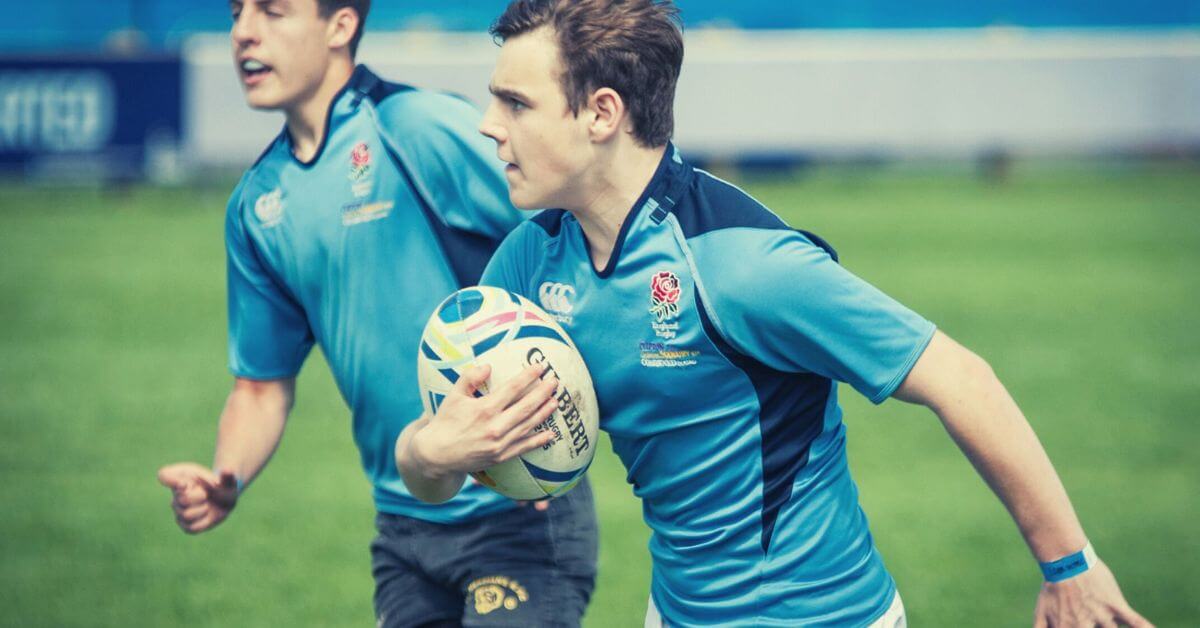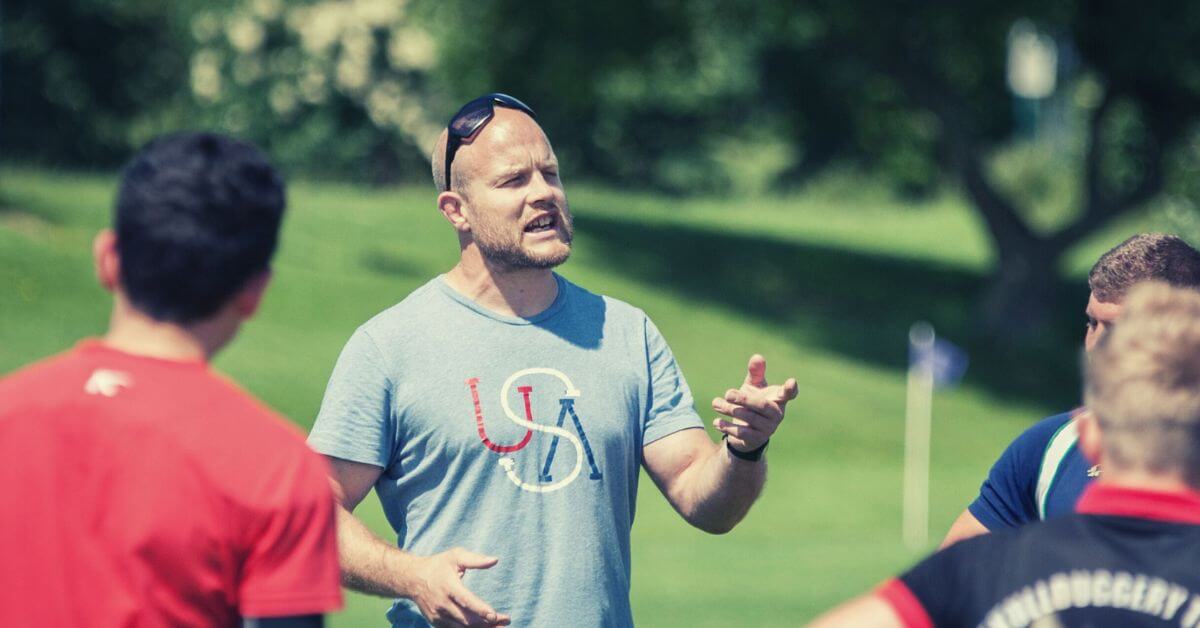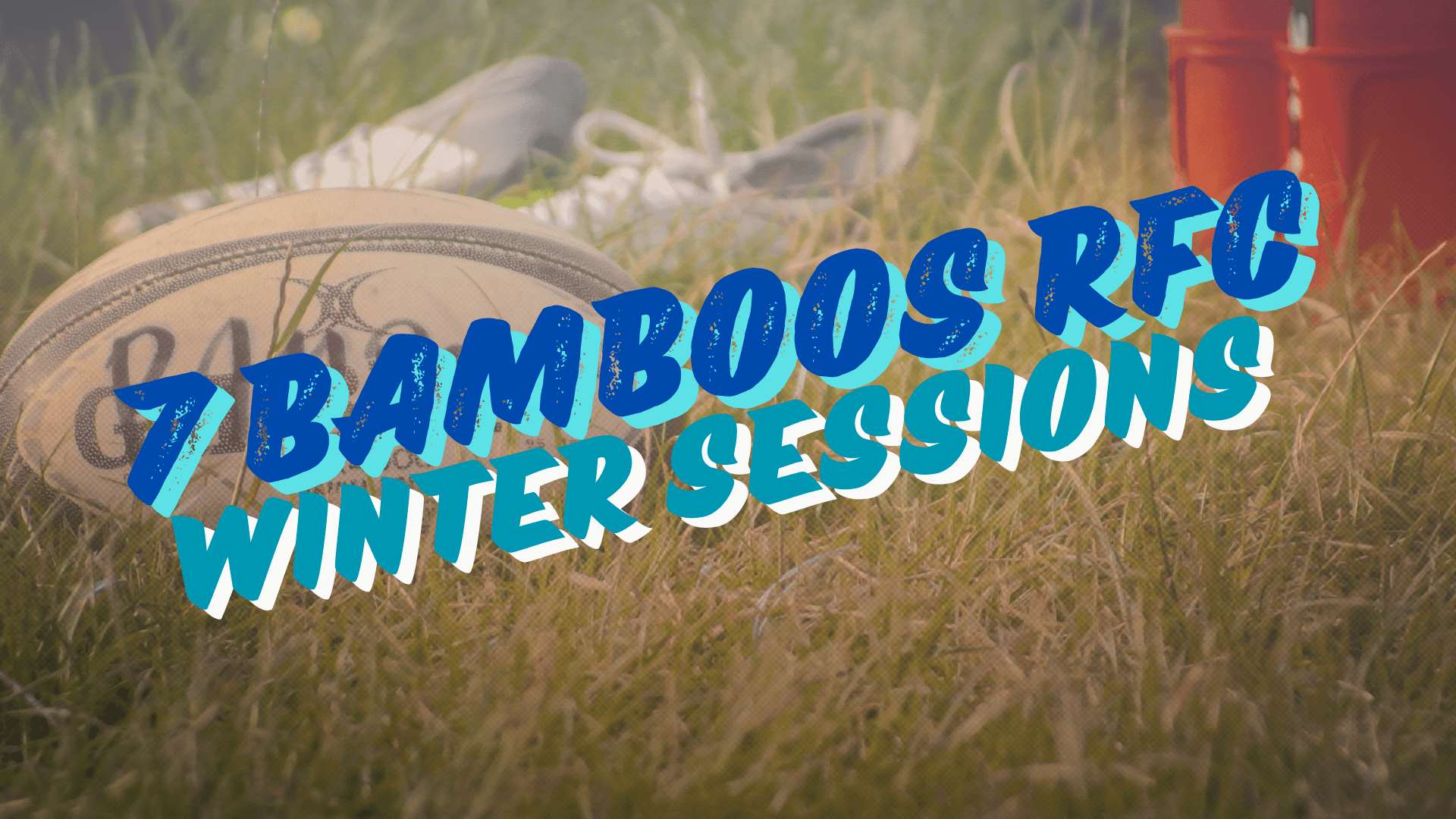Get ready to kick off winter with 7 Bamboos RFC!…

How to Become a Rugby Coach? | A Thorough Guide
A good coach can change a game a great coach can change a life – John Wooden
Introduction
You might be an ambitious and experienced player, who enjoyed great days on the rugby field.
However, as you can see the end of your playing days on the horizon, you start thinking about the next steps. You love the game so much that you want to remain involved though.
Becoming a coach may be the next logical step.
Maybe your journey as a rugby player hasn’t progressed that far yet, and you still have a lot of fuel left in the tank.
But you feel like it can help your own game to improve and you like giving back to the further rugby community therefore the idea of doing some coaching on the side could be a game-changer for you and your team.
You might have some coaching experience already and are wondering how to gain more coaching experience.
You get the idea; we are talking about coaching and the very basic question:
How do I actually become a rugby coach?

Let’s start with the why?
Not just since Simon Sinek’s bestseller “Start with Why” (check out the book and his amazing Ted Talk), we know too well that asking yourself “why” you doing something is the key to a purposeful life.
So why would you want to become a coach?
There are a lot of motives to get into coaching:
– Staying in the game after retirement/injury
– Your kids are playing rugby, so you’d enjoy coaching them
– See the game from a new perspective
– Starting a new career altogether
– Love helping the club and surrounding communities
– You want to stay fit – mentally and physically
Whatever your “why” is, the number one reason to become a coach should always be the desire to support others in their development.
That’s what coaching, teaching, and leadership is all about: Creating an environment that allows every participant to develop their on- and off-field skills to their individual maximum capacity.

How to start?
After we covered the deep stuff, we’ll take a more pragmatic look at how to become a coach.
With any job and career, there are 1000 ways that lead to Rome.
Developing your career as a coach is often determined by your own playing career.
Certainly, it might be easier, to find a way into a top-class coaching environment, when you have enjoyed a number of years as an elite player.
Although there are exceptions to the rule, a strong network is always beneficial and can be a solid starting point.
But rest assured, even if you never earned a penny for playing rugby, there are still many ways to become a great coach.
The first steps
If you are still young and an active player, gaining some coaching experience is a great idea. Every amateur club’s success is relying on an army of volunteers.
So why not come down to the local club on a Sunday morning and offer your help with the juniors.
Those who watched you play the day before will be thrilled to know that a “big boy” is now coming to support them.

There is so much energy and enthusiasm in kids’ rugby, it’s very contagious and it’s amazing to become a part of it.
It’s also wonderful to see a team “grow up” and develop together over time.
While the little ones might be easier to coach in the sense that they often follow the order (if they are having a good day), the challenge of coaching teenagers is to gain respect and you might need to rectify your methods.
So instead of just shouting out instructions and setting up drills, you might need to have a few difficult conversations about other life issues.
Suddenly you realise that you are not just a coach, but also a friend or even a psychotherapist. A coach always wears many different heads.
Once you gained a few years of coaching experience and you realise this is something you want to progress with, it’s a good idea to consider a level 1 coaching qualification with your governing body.
The level 1 qualification is very basic and can be done easily. Here is a link to it.
Well done!
So, you know have your first certificate and gained some experience. Congratulations!
If you are still playing, you will realise that you see and think the game suddenly from a different perspective and you might detect things on the field that previously you didn’t.
Your communication probably improves and you care more about the people around you. While as a player, your main aim is to become the best version of yourself, coaching is all about the others and the question: What can I do to “make” my players better?
To progress further with the qualifications, it’s logical to get the level 2 done quickly. From level 1 to level 2 is not a huge step in terms of the required knowledge.

It looks great on your CV, and it allows you to earn some cash with coaching.
Many coaching companies, employ young level 2 coaches. They go into schools and run PE lessons or holiday camps. Some of the big ones in the UK are called Shine and Fit for Sport.
While you might coach several sports there, this is a fantastic opportunity to work full-time hours as a coach and gain a lot of experience in a short time.
If you want to focus on rugby, organisations like rugby tots are a good starting point to earn money with rugby coaching.
Coach Education
Okay, you’ve done your level 1 and level 2, you had a good number of years coaching, and now you are thinking more seriously about this wonderful profession.
Then you should consider a coaching degree in a college or university. There are a lot of great institutions that offer very attractive courses while you get an excellent opportunity to keep playing rugby at the highest level.

Hartpury College and University just outside Gloucester is my top pick when it comes to coach education degrees. You find more information here.
During your degree, you also will get the opportunity to gain more practical experience by doing some work internships.
It’s essential to maintain a balance of classroom learning and on-field learning to constantly put your methods into a real-life context.
A new coach
Once you completed your degree and you had two or three years of higher education behind you (and probably the best time of your life) you gained a lot more confidence in your coaching.
This is a good moment to apply for more serious jobs in the industry and show the world what you are capable of.
Your college or university is always a good starting point to find jobs as there are very well linked with many players in the industry.
While going out into the field and doing some coaching work is always recommendable, it’s also a good time to plan the next steps.

Maybe go onto Level 3 coaching or think about a Master level (if you’ve done a bachelor’s beforehand).
At Master’s level, you really dig deep into many captivating topics. And instead of just inhaling knowledge, you are much more questioning and discussing the theories and methods of others.
The course is more philosophically based, and thinking is more important than replicating knowledge.
You will also produce some challenging coursework that allows you to gain plenty of experience in many interesting subjects such as psychology, reflective coaching, or analysis.
If you managed to get through the 2-3 years of master level, you will be ready to take your coaching to the next level.
By now you will also build a great network which all helps to land the next coaching job.
Conclusion
So, here it is. Just one potential path to becoming a coach with a thorough level of education and practical experience.
Admittedly it is an ambitious route but by no means an unrealistic one.
Other routes might involve less education and more hours spent in a practical setting, which of course is totally fine.
Did you find yourself a different way to the top? Please share your story with us.
If you want to find out more about coaching give us a shout.
Find out more about the way we coach
For more reading on this topic, we recommend:
#coaching #rugbycoaching #coacheducation #coachcareer #rfu #hartpury #playingrugby





